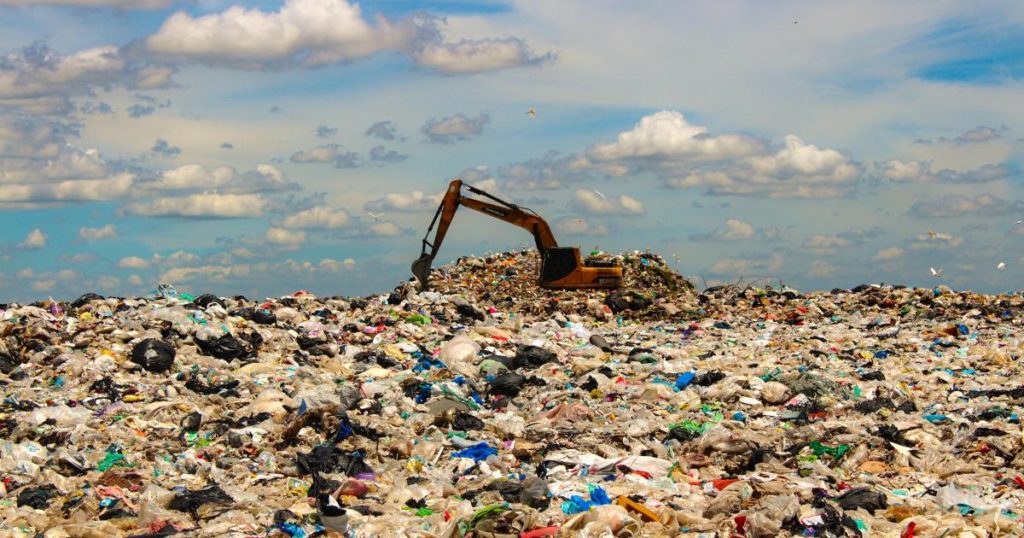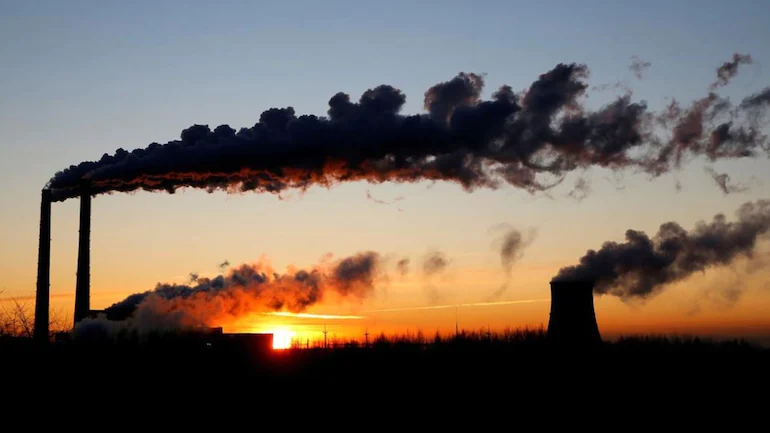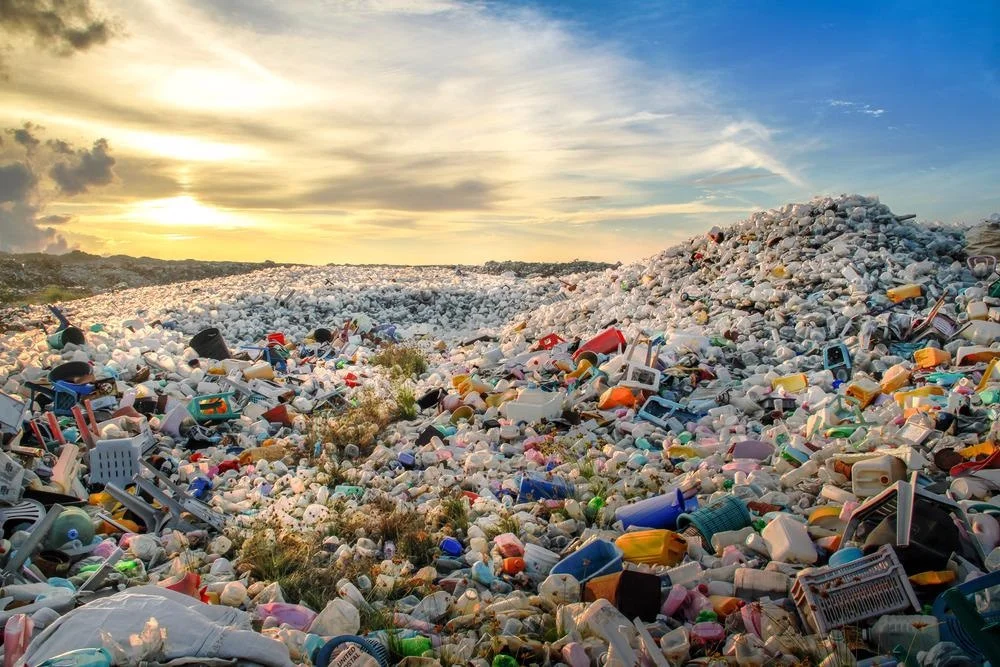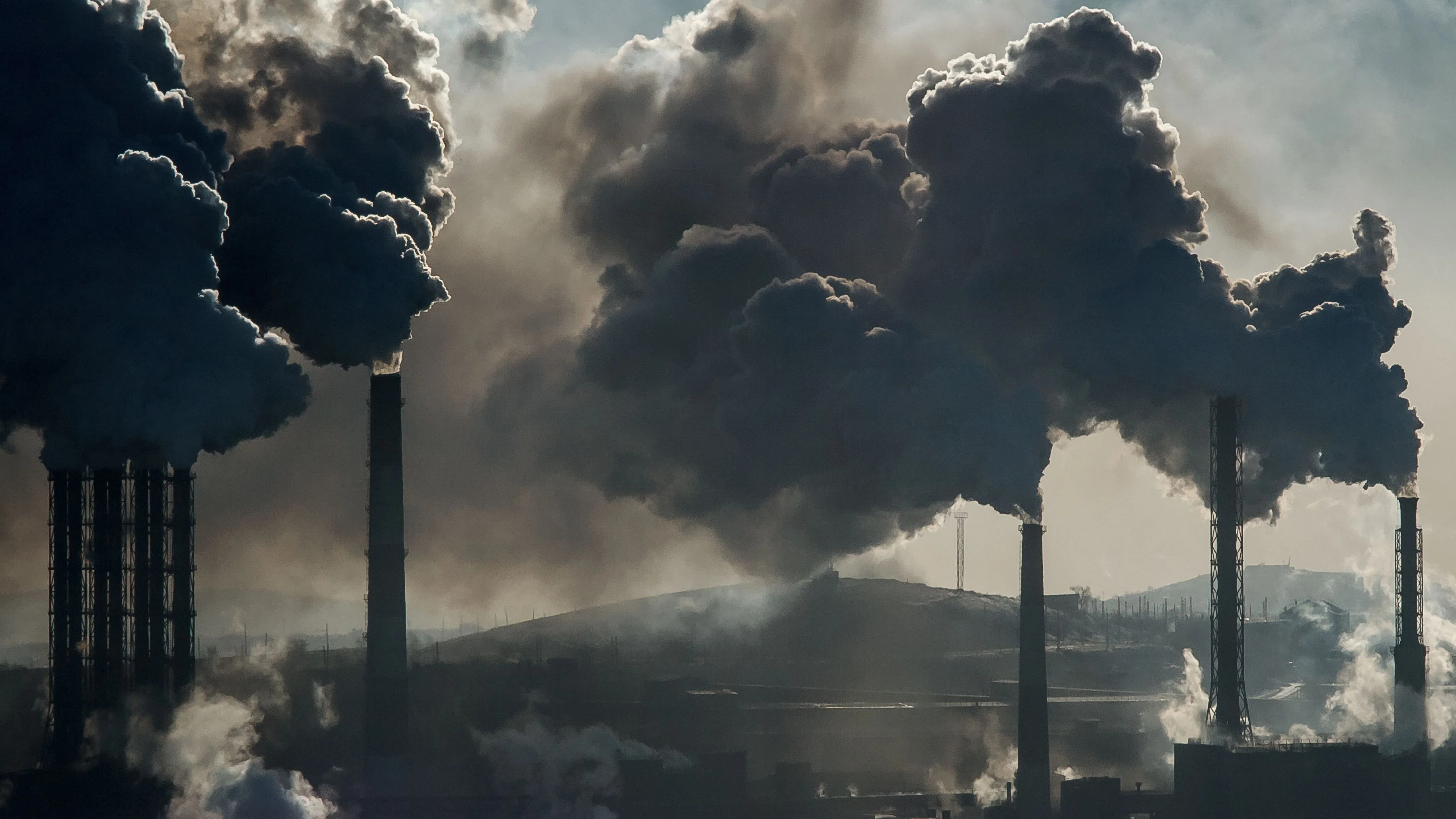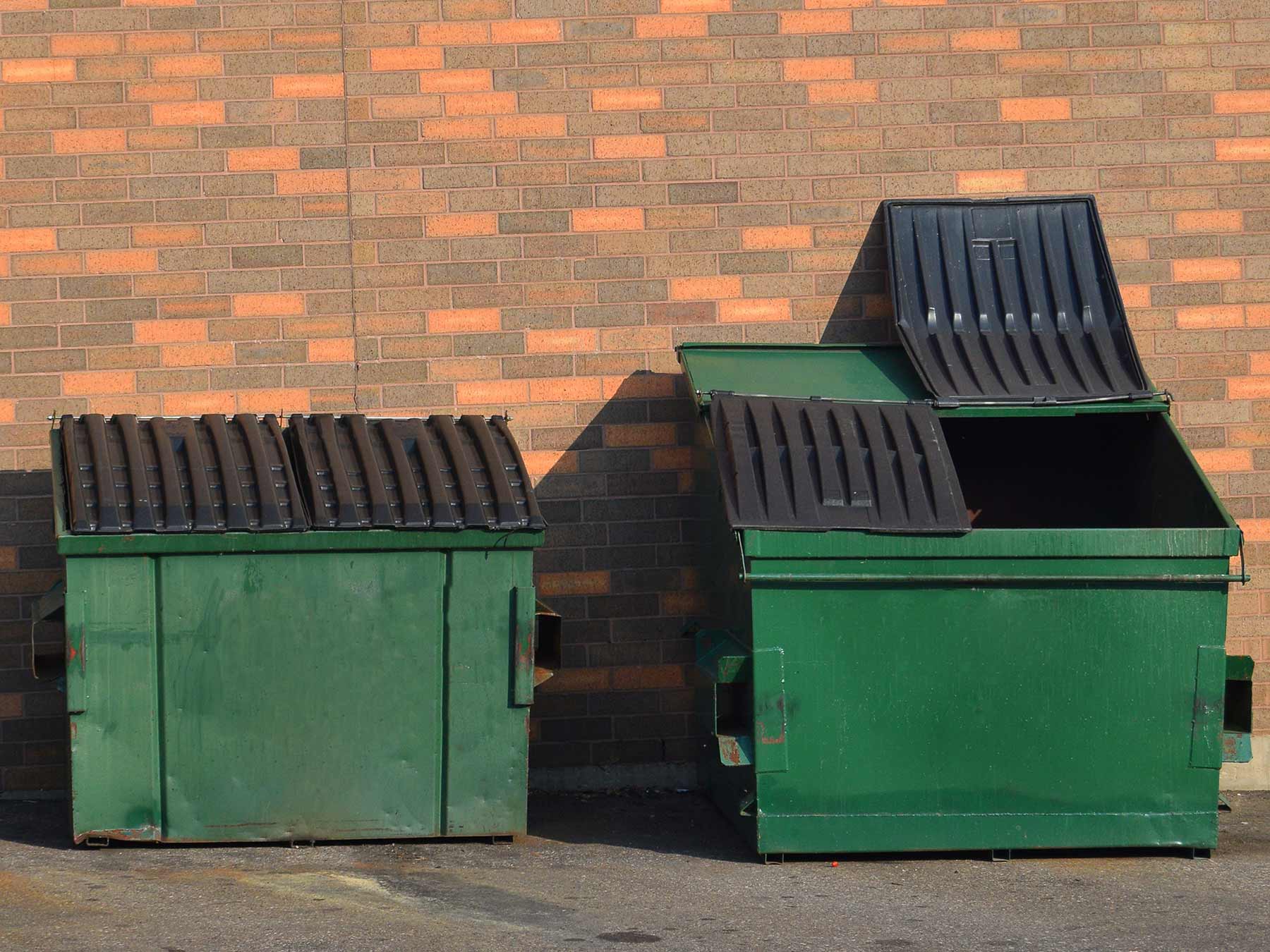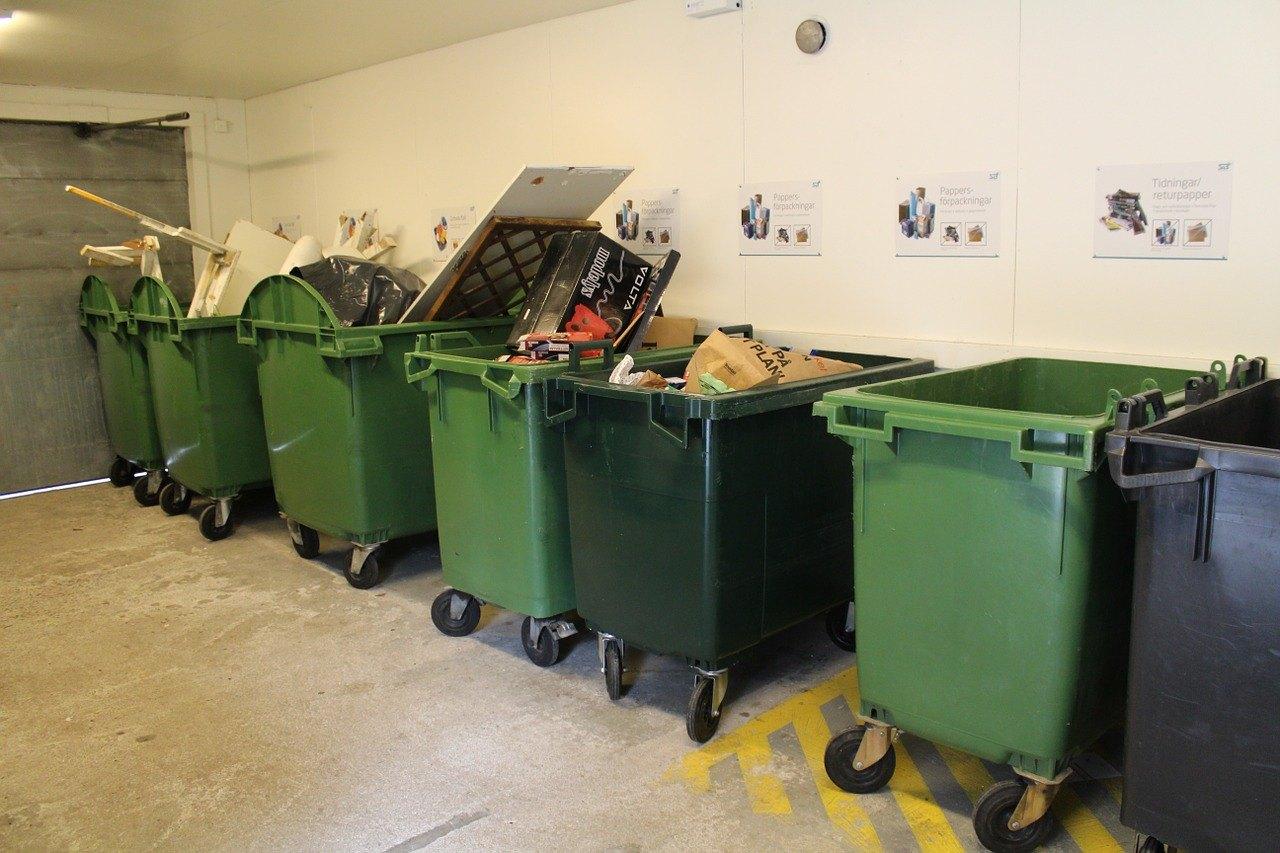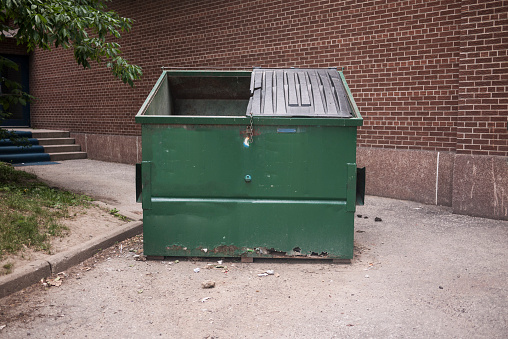Awareness campaign, “polluter pays” scheme, development of recycling channels… There is no shortage of actions aimed at limiting fly-tipping in Florida, and yet illegal dumping is still estimated at 1 million tons each year. How can we contain this scourge that continues to pollute the soil, air and water of Florida?
Fly-tipping: everyone is responsible
Fly-tipping is material that is abandoned illegally, outside the channels provided for this purpose. The perpetrators can be individuals or companies. A citizen who throws away a piece of paper or a cigarette butt commits an offence. A construction company that dumps paint or solvents that are dangerous to health and the ecosystem is guilty of an offence as well.
The local municipality may also be held liable. This will be the case if it is deemed that there has been a failure or inaction on the part of the mayor to preserve the cleanliness of public spaces. Fault may be recognized in particular in the event of pollution or fire due to these rubbish dumps.
An environmental scourge that affects the quality of life in Florida
Local authorities pay a high price for these fly-tipping waste dumps. The cost is environmental, economic and aesthetic.
The environmental cost is that of the direct pollution of soil and water and, by extension, of everything that the earth produces (vegetable gardens, market gardening, etc.). In the long term, the most harmful waste, such as that produced by industrial activities, ends up affecting an entire ecosystem. This is why the Environmental Code qualifies fly-tipping as an offense, punishable by two years of imprisonment.
The throwing of garbage by individuals in an urban environment is punishable by the Penal Code, which provides for a fine for fly-tipping corresponding to violations. These incivilities include, for example, bags and boxes of takeaway meals left on the side of the road. One NGO recorded some 8,000 tons of rubbish along the roads in 2023, particularly at tourist sites. Although less toxic in principle, this waste is nonetheless dangerous and complex to treat.
Without appropriate treatment, the community is not only exposed to sanctions, but it also runs the risk of seeing its image deteriorate and the situation worsen. There is a direct link between the perception of a city like Saint Petersburg and its waste management quality. However, when a pile of household waste appears, it can quickly become an illegal public dump.
Reminder on waste management and public dumps
Waste management includes a whole series of actions ranging from sorting at source to disposal or recovery.
Household waste treatment chains thus begin at the “holder”, with the separation of biowaste, glass, cardboard/plastic, etc. The user normally finds a collection area equipped with the traditional yellow and green containers at their disposal.
Professional actors like junk disposal companies also follow specific channels, with a treatment chain that begins on the site of activities, construction/deconstruction. Some waste linked to economic activities can join the household waste channels. Others must be the subject of a request for specific bins or be deposited in the public landfill areas provided for this purpose.
Note that an illegal public landfill is not necessarily wild. Some are managed by companies or individuals using dumpster rentals, but without authorization issued by the government.
Why is it still stuck in 2024
The rules and the different waste management routes are clearly defined. The illegal nature of fly-tipping and the resulting penalties are well-known (from fines for fly-tipping to imprisonment). However, organizations and local stakeholders continue to warn of the worrying increase in the number of fly-tipping incidents in recent years. How can this be explained?
For professionals, fly-tipping is an illegal practice that saves time and money. Among the biggest contributors are construction companies that produce tens of millions of tons of waste each year, some of which is abandoned in nature.
Hence the interest in the new system set up by the law on the fight against waste and the solidarity economy. These measures make the producer responsible for managing the product at the end of its life cycle and provide for the free collection of certain sorted waste from construction sites at the recycling center.
For individuals, it is also a question of time and ease. Bulky items (mattresses, large household appliances, etc.) are simply left at the bottom of buildings and hinder the movement of users. Waste deposited next to full bins can also clutter public roads and become accident-prone. Here, the solution involves awareness-raising, information and the provision of suitable solutions for sorting, bringing and collecting waste.
How can we reduce fly-tipping in urban areas
In cities, fly-tipping is mainly the result of voluntary actions by citizens who want to quickly and easily get rid of an item they no longer need. The most visible are bulky items and similar rubbish dumps near bins and other collection points. Finally, there is all the throwing of rubbish on public or private roads.
Ensuring that users can find regular and suitable collection points in public spaces helps to combat the abandonment of waste. According to an expert in street furniture, well aware of these issues encountered by communities, to address them, the urban planning specialist offers concrete city bins that are resistant and inert for the environment, as well as elegant public ashtrays that are easy to maintain and fireproof.
To better supervise waste collection points at the bottom of collective residential buildings, they also offer functional and aesthetic container shelters. The aim is to offer users a quality space with smooth and efficient use that can encourage good daily actions. The design of the solution and its integration into the installation environment also counts. This is why Florida favors modern lines and modular designs that can be adapted and customized according to needs.

